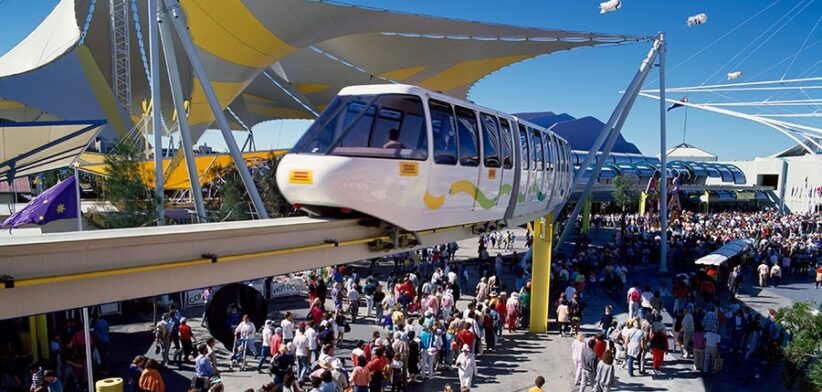Recent moves to support Queensland’s night-time economy, should be the impetus to create 24/3 entertainment precincts in Brisbane in the lead up to the 2032 Olympic and Paralympics.
An insights piece from the Brisbane offices of global law firm K&L Gates says amendments to current laws to allow 24-hour trading over three keys days could spark a cultural shift in Brisbane, similar to that experienced as a result of regulation changes made before Expo 88.
K&L Gates Brisbane Partner Tom Young said the Queensland Government’s recent announcement of $1.6 million in funding to support live music and the appointment of the state’s first Night-Life Economy Commissioner should be seized upon to shake off Brisbane’s “sleepy town” tag for good.
“We have international investors knocking on the door and in a little over eight years we will host the biggest sporting event in the world, bringing global exposure and with it enormous opportunity,” Mr Young said.
He said a 24/3 precinct would mean 72 consecutive hours of trading operations for Brisbane’s “safe night precincts” in the Brisbane CBD and Fortitude Valley.
“Locals will have increased access to services and entertainment, as well as experience an uplift in employment opportunities to cater to the increased demand and trading hours.
“The city will be more dynamic and energetic for tourists, encouraging longer stays, greater spending and repeat visits.”
Mr Young said 24-hour trading was anticipated to drive significant economic growth, with hospitality and tourism sectors in particular expected to see substantial gains.
“This change, which will boost Brisbane’s nighttime economy, has been encouraged and supported by local industry leaders within music and entertainment venues, who say current overly stringent regulations have caused the industry to suffer.”
He said to implement 24/3 trading, zoning laws, liquor licensing laws and noise control restrictions would need to be amended.
“Legislators must strike a balance to foster economic growth, whilst being mindful of community well-being and safety.”
Mr Young said while the proposed changes would support economic growth in the lead up to, and during, the Games, Brisbane would enjoy lasting benefits.
He said long-term economic development would be driven by an increase in visitors and investors attracted by a lively nighttime economy.
“Let us look back to 1988, when Brisbane hosted World Expo 88, an event involving 15 million visitors over a period of six months.
“In addition to creating a physical mark on the cityscape, Expo also created legacies through the change in lifestyle and cultural habits of Brisbane locals.
“This event put Brisbane on the map as a sociable city, made possible by a change of government allowing for restrictions on public gatherings and trading and licensing laws to be relaxed.”
Mr Young said behaviours that locals enjoyed during Expo gave birth to modern-day Brisbane and the alfresco dining and café culture.
“Once residents had a taste of this way of life, they were not prepared to go back to their pre-Expo lifestyle.
“Expo shows how an event like the Olympics can change how Brisbane residents will live, and their willingness to embrace that change long into the future.”








